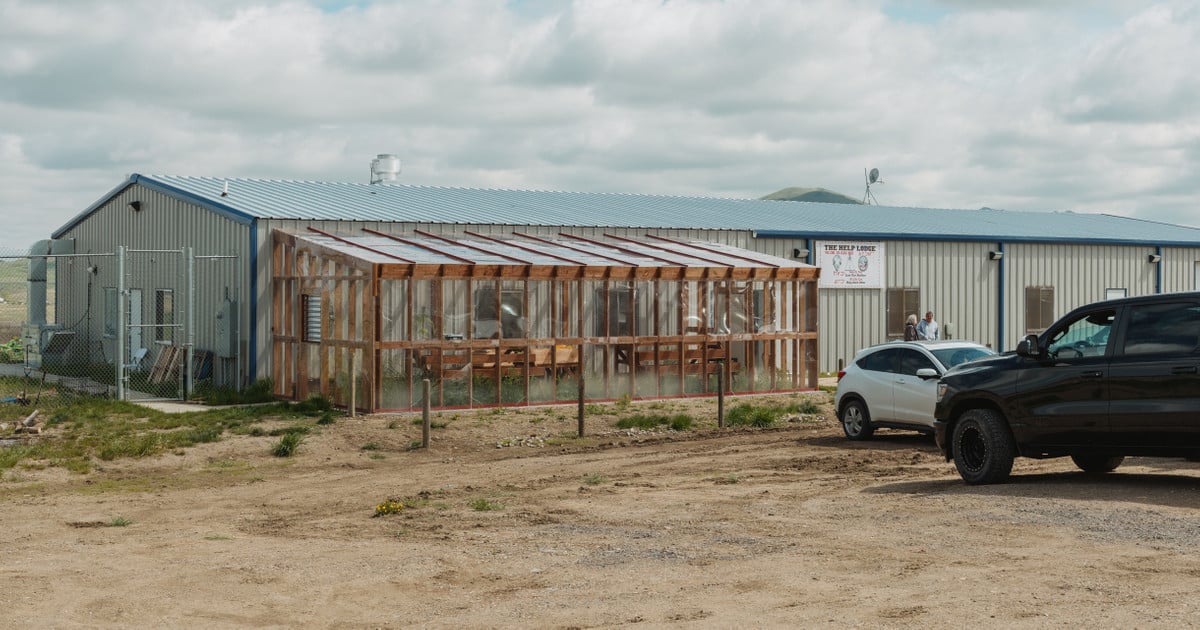Now Reading: Trump Pledged to “Make America Healthy Again,” Then Cut a Program Many Tribes Rely on for Healthy Food
-
01
Trump Pledged to “Make America Healthy Again,” Then Cut a Program Many Tribes Rely on for Healthy Food
Trump Pledged to “Make America Healthy Again,” Then Cut a Program Many Tribes Rely on for Healthy Food

ProPublica, a nonprofit newsroom dedicated to investigating abuses of power, offers Dispatches, a newsletter that highlights misconduct nationwide. Sign up to receive our stories in your inbox every week.
Robert F. Kennedy Jr., the U.S. Health and Human Services secretary, has expressed concerns about the impact of processed foods on Americans’ health, particularly Native Americans. He described prepackaged foods as having “mass poisoned” tribal communities during a recent visit to a Native American health clinic in Arizona. Kennedy emphasized the importance of providing good quality, traditional foods to combat chronic diseases in tribal communities.
Despite efforts to improve healthy eating programs under the Trump administration’s “Make America Healthy Again” initiative, the USDA terminated a program that supported tribal food banks in providing fresh, locally produced food important to their cultures. The Local Food Purchase Assistance Cooperative Agreement program, initiated by President Biden, aimed to increase purchases from local farmers and ranchers, benefiting numerous food banks including those serving tribes.
The decision to cut funding for the successful program was defended by Agriculture Secretary Brooke Rollins as a move away from pandemic-era priorities. While the USDA continues to support nutrition programs for families, the termination of the grant program has left many tribal communities without access to foods tailored to their nutritional needs and preferences.
Tribal communities, such as the Chippewa-Cree Tribe in Montana, relied on USDA funding to purchase local beef and produce to address food insecurity and promote cultural practices. The loss of funding has raised concerns about meeting the nutritional needs of tribal members and maintaining traditional food practices.
In light of these challenges, tribal leaders and advocacy groups have called for the reinstatement of the program to uphold tribal sovereignty and address the specific needs of indigenous communities. Despite access to federal food programs, some barriers persist in ensuring individuals receive the food they want and need, as highlighted by a report from the Government Accountability Office.
The impact of funding cuts on tribal food programs underscores the ongoing struggle to provide nutritious, culturally relevant food to indigenous communities. Tribal leaders and advocates continue to push for greater autonomy in food distribution on reservations to address the longstanding challenges faced by tribal members.





